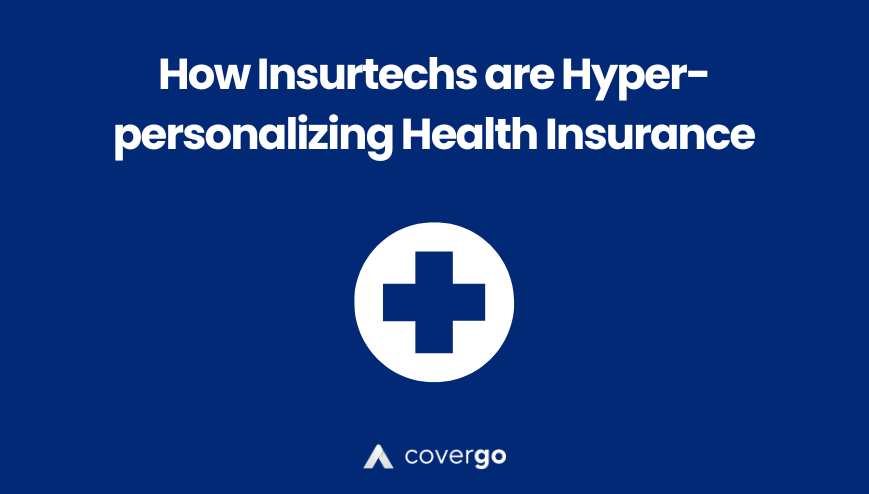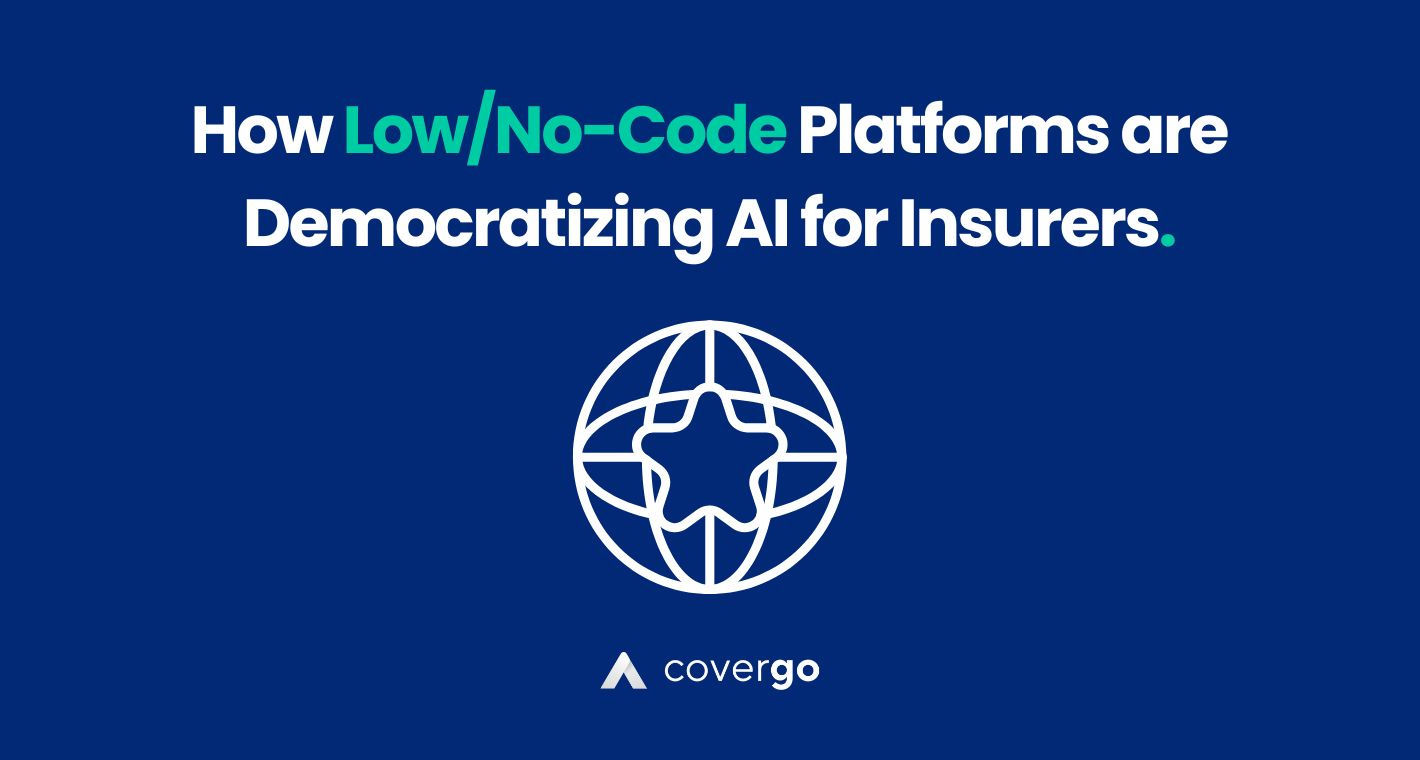Key takeaways:
- Insurtech Revolution: The insurance industry is undergoing a transformative shift driven by technology, leading to hyper-personalized services in sectors like health insurance.
- Data-Driven Customization: Insurtech companies leverage data analytics, wearable technology, telehealth integration, and blockchain for personalized policies based on individual health profiles.
- Cost Efficiency and Health Outcomes: Hyper-personalization in health insurance optimizes costs, improves health outcomes through proactive care, and enhances the overall customer experience.
- Privacy Concerns: While hyper-personalization offers tailored services, concerns exist regarding privacy invasion and data security in the collection and utilization of personal health information.
In recent years, the insurance industry has undergone a transformative shift, fueled by technological advancements and a growing demand for personalized services.
One sector at the forefront of this revolution is health insurance, where Insurtech companies are leveraging innovative technologies to hyper-personalize policies, ensuring individuals receive tailored coverage that aligns with their unique healthcare needs.
The Rise of Insurtech
Insurtech represents the integration of cutting-edge technologies into the insurance sector.
Easy enough concept.
The traditional model of one-size-fits-all policies is giving way to a more customer-centric approach, where data-driven insights and digital solutions enable insurers to offer personalized services.
That means an increasing amount of risk assessment methods like using your smartwatch as a way of tracking your health as a method of assuming risk and determining what insurance package you get.
Insurtech solutions are popping up the world over and are either striking out on the market on their own or finding integration approaches with the bigger insurers in a bid to digitally transform their traditional processes.
Hyper-personalization in Health Insurance
- Data Analytics and Predictive Modeling: Insurtech companies are harnessing the power of big data and advanced analytics to analyze vast amounts of information. By leveraging artificial intelligence and machine learning algorithms, insurers can predict health risks, identify patterns, and tailor policies based on an individual’s health history, lifestyle, and genetics.
- Wearable Technology Integration: The advent of wearable devices has provided insurers with real-time health data, allowing for a more accurate assessment of an individual’s overall well-being. Insurtechs are partnering with tech companies to incorporate data from fitness trackers, smartwatches, and other wearables to offer dynamic pricing and rewards for healthy behaviors.
- Telehealth Integration: The COVID-19 pandemic accelerated the adoption of telehealth services, and Insurtech companies have seized this opportunity to integrate virtual healthcare into insurance plans. Policyholders can now access remote consultations, monitor chronic conditions, and receive personalized health advice, enhancing the overall health insurance experience.
- Blockchain for Security and Transparency: Blockchain technology is being employed to enhance the security and transparency of health insurance transactions. By creating secure, decentralized databases, insurers can streamline claims processing, reduce fraud, and ensure the privacy of sensitive health information.
- Customizable Coverage Options: Insurtech allows individuals to choose from a menu of coverage options, creating a bespoke insurance plan that meets their specific needs. This flexibility enables policyholders to select the level of coverage, add-on services, and even adjust premiums based on their preferences and financial capabilities.
Benefits of Hyper-personalization
- Cost Efficiency: Personalized health insurance reduces the likelihood of over-insurance, where individuals pay for coverage they do not need. By tailoring policies to specific health risks and requirements, insurers can optimize costs for both the company and the policyholder.
- Improved Health Outcomes: With real-time health monitoring and access to telehealth services, individuals can proactively manage their well-being. This focus on preventive care and early intervention can lead to improved health outcomes and reduced healthcare costs in the long run.
- Enhanced Customer Experience: Insurtech’s hyper-personalization efforts contribute to a more positive and engaging customer experience. Policyholders appreciate the convenience of personalized services, leading to increased satisfaction and loyalty.
Is hyper-personalization an invasion of privacy?
The drawbacks of hyper-personalization in health insurance include concerns related to invasive monitoring through the use of online and wearable devices, which can be perceived as intrusive by customers.
The heightened data collection raises significant worries about the security of sensitive health information, as inadequate safeguards may expose personal data to the risk of hacking or unauthorized access, potentially leading to misuse.
The hyper-personalization of health insurance by Insurtech represents a paradigm shift in the insurance industry. By leveraging data, technology, and innovative partnerships, insurers can deliver tailored solutions that meet the evolving needs of individuals.
As we continue to embrace this digital transformation, the future of health insurance looks promising, with increased accessibility, improved health outcomes, and a customer-centric approach at the core of the industry’s evolution.
Insurtech disrupts conventional insurance by offering hyper-personalized policies through data analytics, wearable tech integration, and telehealth services, shifting the focus towards customer-centric approaches.
Hyper-personalization enhances cost efficiency, improves health outcomes by enabling proactive care, and boosts customer satisfaction through tailored services, creating a more engaging insurance experience.
Privacy concerns arise with the increased data collection and monitoring in hyper-personalization, posing risks of data breaches and unauthorized access to sensitive health information, potentially impacting customer trust and security.
- How Low/No-Code Platforms are Democratizing AI for Insurers
- All of the ways AI is Transforming the Insurance M&A Industry.
- 10 Crucial Mistakes to Avoid When Filing an Insurance Claim
- 5 Important Tips That Will Make Filing Claims For Specialized Policies a Breeze
- Artificial Intelligence as The New Defender Against Insurance Fraud



